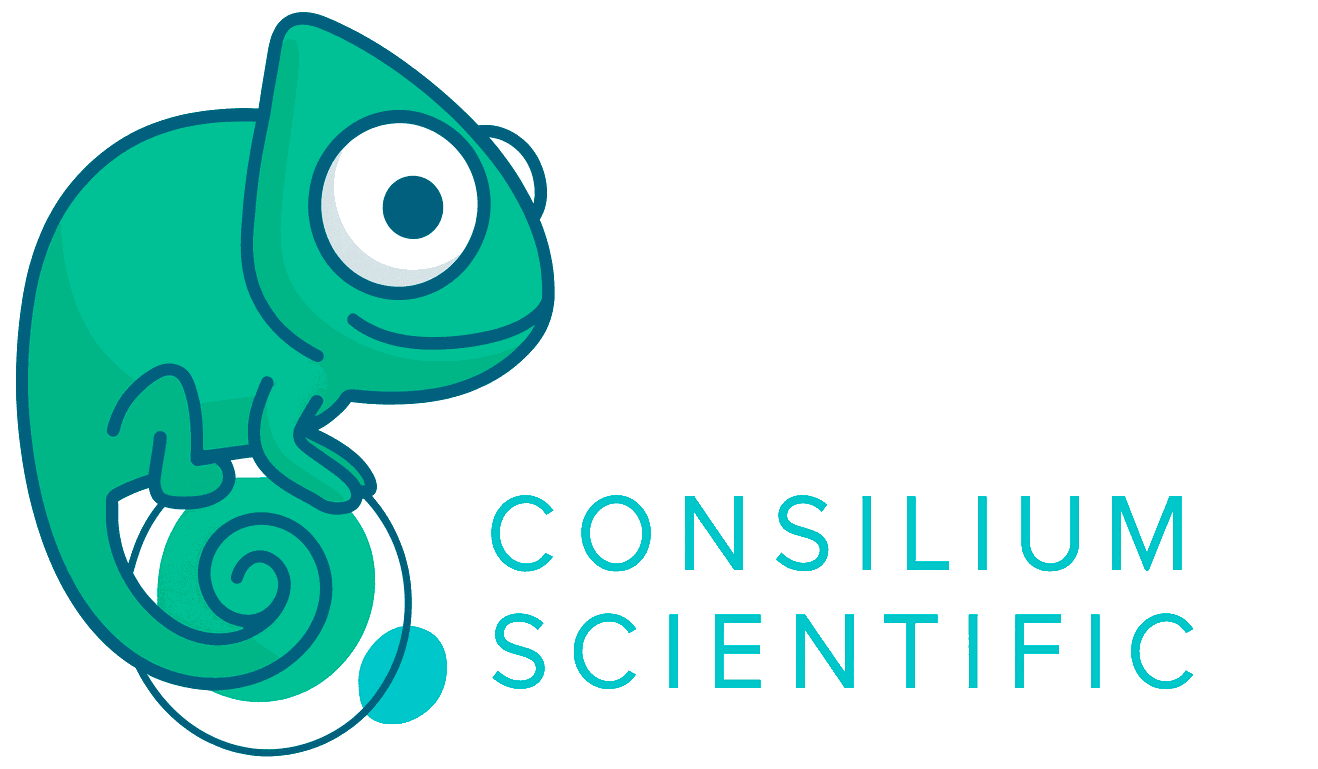SEMINARS 2020
SEMINARS 2020
Science & Economics of Medicines:
Discovery, Development, Access
The dark heart of Health Technology Assessment
09.07.2020 17:00
Dr Elangovan Gajraj
Eli takes us on a journey to the threshold of known unknowns. At the centre of cost-effectiveness based decision making sits the Threshold. Despite its centrality to the whole shebang, the threshold is an unknown, and possibly an unknowable. At the threshold, theory meets the lack of empirical data and inadequate methodology. How does the system make rational decisions without knowing the threshold? Then again, does it matter? What does HTA actually achieve in practice?
HTA and сlinical trials: fast and furious?
23.07.2020 17:00
Pilar Pinilla Dominguez
How fast should we assess health technologies for reimbursement? Do we betray patients or do we upset companies if the process takes time? What is long and what is short? What is optimal and what is necessary? These and many other questions will be explored in our next seminar! Pilar focuses on the concept of opportunity cost from the perspective of health technology assessment, and the current trend of having to evaluate products earlier and with less evidence.
Patient engagement in access to medicine
15.10.2020 17:00
Anne-Pierre Pickaert
More than 40 years ago, Dr Warner Slack said that "patients are the largest and least utilised resource in healthcare." Nonetheless, healthcare policymakers have limited their actions to widespread the utilization of terms such as "patient empowerment" and "patient-centric" instead of policies with real impact on patients' life. What are the trends on patients involved in medicine development and their review for approval and reimbursement? How is it relevant and effective to ensure patient engagement in access to medicines? These questions and more are discussed by Anne-Pierre.
Is the drug industry too profitable?
12.11.2020 17:00
Dr. Jack Scannell
The advocates for, and the critics of, the drug industry are both often guilty of misrepresenting the industry's economics. Some misrepresentations follow from technical ignorance. Some appear willful, to serve a policy objective. Jack explains some of the more egregious kinds of mis-analysis. It will include a discussion of drug industry profits; whether or not the industry is "over-earning" versus other industrial sectors and versus the wider value of pharmaceutical innovation.
Value assessment in the US
17.12.2020 17:00
Dr. Dan Ollendorf
Noises coming from America about the need to tie prices paid for prescription drugs to those paid in other countries ignore several inconvenient truths. For one, it is the lack of drug price controls, not ‘free riding’ by other countries, that has driven US drug prices skyward. The US has also made several attempts to institutionalize health technology assessment, with a myriad of reasons for failure. Dan takes you through this tortured history, describes other nuances in the American financing and reimbursement system, and proposes a possible path forward.
Clinical Research: In Search of Good Science
Social hegemony: control of cancer agenda by Pharma
17.09.2020 16:00
Dr John Hickman
John shares wisdom from his colourful career in drug discovery: How can we reduce deaths from cancer? Drug therapies for advanced cancers have had limited impact. Despite this, the search for novel drug therapies continues to be a priority. The discovery of new drugs is in the interest of Pharma and the society. The cancer agenda should embrace broader approaches to reduce cancer deaths.
How can your country end medical research waste?
22.10.2020 14:00
Till Bruckner, TranspariMed Naho Yamazaki, Health Research Authority Rachel Knowles, Medical Research Council Michael Wolzt, Vienna University
Till Bruckner leads TranspariMed. His hard work in advocacy has made a real difference in clinical trials results reporting over the past years. The UK aims to become the world’s first (and so far only) country to ensure that 100% of all clinical trials are registered, and 100% of trial results are made public. In future, the Health Research Authority will directly register all trials, and then monitor whether results are made public. Naho Yamazaki explains how the strategy was developed, how the new system will work, and what other countries can learn from the UK model.
Healthwatch-UK – fighting for better science
19.11.2020 17:00
Prof. Susan Bewley
Quackbusters, the Campaign against Health Fraud that morphed into Healthwatch-UK was set up 30 years ago in response to charlatans who conned people with cancer leading to avoidable delays and deaths. Doctors can’t always cure but they can always care. They should offer proven effective treatments that ‘work’, or be researching the same. Despite a proliferation of organizations acting in the field, patients are still harmed, evidence is still manipulated and fraud abounds. Why is it so hard to be effective? Susan Bewley, the Chair of Healthwatch-UK, shares her experiences and views.
Mario Negri: a private non-profit research model
10.12.2020 17:00
Cinzia Colombo
Passion for research, no patents, independence from industries, politics, and academia, transparency and public communication, research for the public good, supporting the National health service. These are the long-standing values of the Mario Negri Institute, a private not-for-profit Institute, which was established in 1963 in Italy. This talk addresses these principles in the light of the debated issues of value, transparency and integrity of research, and the meaning of independent research. Is this model viable? How do we keep this perspective alive and meaningful?
Public money for clinical research in oncology
05.11.2020 17:00
Dr. Lydie Meheus
Where commercial interest is missing and patient needs are high, public funds should be made available for independent research and clinical trials of cancer therapies. Decision makers and other stakeholders have to be convinced of the societal return on investment in better treatments that are outside the scope of the industry because of lack of monetary incentive. It is imperative that public money are invested wisely with a focus on added clinical benefit for cancer patients. Lydie Meheus shares her experience as a Managing Director of Anti-cancer Fund.
